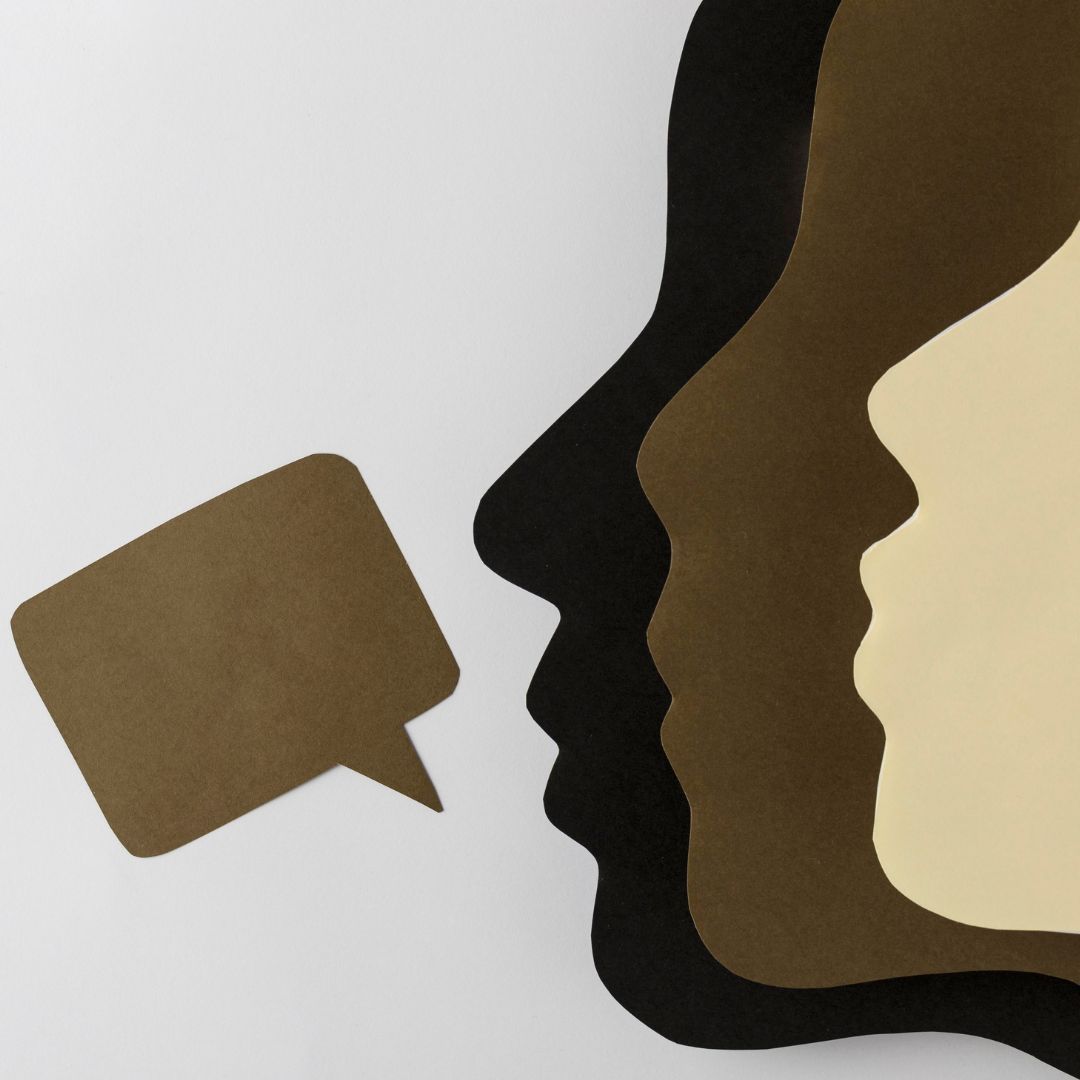3 Tips to Handle Family (and Stay Sane) during the Holidays
The holidays are coming.
For most, this means spending time with family – whether you like it or not.
After spending the past year and half using the valid excuse of a pandemic to stay home, that excuse has gone stale.
This year, we’re returning to normalcy (no matter how hard we kick and scream). It’s that time of the year where we have to face our families.
But spending a few days with them doesn’t have to deplete you. Here are a few ways to handle seeing family for the holidays AND maintain a stable mental state.
Set Boundaries
Vaccines. COVID. The political climate. Climate change. The economy. Uncomfortable conversations are bound to happen. And maybe, one of these topics is a trigger for you. After staying home for the past 20 months, we’ve learned a lot about what triggers us. But now, in this situation, the time has come to speak up and stand up for yourself. But it doesn’t have to be confrontational.
A simple “hey, can we not talk about this?” or, “yeah, maybe this isn’t the best conversation to have right now” can stop an uncomfortable situation in its tracks.
But there’s also the possibility that it won’t, which in that case…
There is nothing wrong with stepping away from the situation. You are not wrong for setting boundaries. And if those boundaries are not respected, remove yourself from the situation until it fizzles out.
And don’t allow anyone to tell you you’re wrong for stepping away.
While setting boundaries can be difficult, it's such a crucial part in having healthier relationships and an overall sense of well-being. By not setting boundaries, we teach people how to treat us.
Say “No”
“Hey, want to run to the store with me?”
…um, absolutely not.
Crowds of people swarming the aisles for last minute items does not sound like a good time, especially after all this isolation. And that’s okay!
You’re allowed to feel that way. You’re allowed to say “no.”
If something has been proposed to you that doesn’t sound like something you’ll enjoy, say “no.” You don’t owe an explanation to anyone, but if you feel like you do, make it short and sweet. Something like… “Thanks for asking, but I’m going to [fill in the blank].”
Being assertive shows others that you respect yourself and the energy that you put into the spaces around you. Saying “no” gives you control of your time and energy. The people who care about you will understand and give you the space that you need.
Remember, you don’t have to please everyone. Worry about you and your mental health first.
Take Time for You
Yes, YOU. You are allowed to have a vacation – you deserve it. You deserve your time away from work, and you deserve time to enjoy your family. But that can’t happen unless you’re making time for yourself.
Take a bath.
Go for a walk.
Just be.
Do whatever you need to do to make sure you’re not depleting yourself. Saying “no” equals self care, which is first foremost our moral responsibility.
Not only will you enjoy your time more if you’re feeling healthy mentally, but so will your family. Taking time for yourself will benefit everyone, so don’t allow yourself to feel any guilt for saying “no, I don’t want to go to the store, I want to take some time and...”
Take care of you.
Put yourself first.
Best case scenario: they’ll understand.
Worst case scenario: they don’t. But it’s out of your control anyway. And now you know that you need to limit your contact with that person moving forward, or until they learn how to be respectful of boundaries.
Need More Help?
Perhaps saying “no” and setting boundaries is too much for you, and that’s okay. Clinical therapist Junie Abito believes that setting these boundaries is an expectation and the norm.
Asserting ourselves when it is needed is a skill that most of us are not taught. When others have a strong reaction towards your boundaries, it is a clear indication that you should have set them earlier.
The takeaway from this is to understand that the more you practice the skill of putting yourself first, those who love you and care about you will understand. Boundaries can be your new normal as long as you practice them. Saying “no” gives you the chance to be authentic without any apologies.
If you’re feeling overwhelmed this holiday season, you’re not alone. And we can help.
Contact Junie to learn how.



COMPANY
SERVICES
CONTACT
